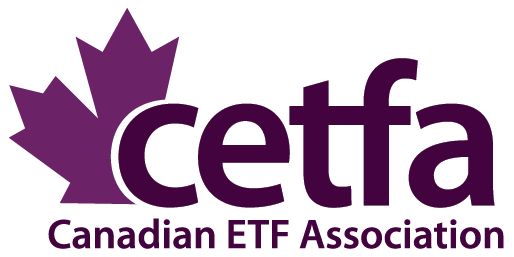The Future of the MFDA
February 4, 2014 | Smarten Up Institute | Al Emid
Don’t Make the Funeral Arrangements Just Yet
Questioning of ‘the way things are’ can be healthy in any sector including the financial sector. Arguably the disasters of 2007–2009 might have taken less of a toll on all of our retirement savings if more financial professionals had questioned some of Wall Street’s excesses and practices at the time and we are still assessing the total extent of the damage of those years.
Here in Canada some of the most vigorous questioning within the financial sector at this time focusses on the future of the Mutual Fund Dealers Association (MFDA) and a quick reading of the numbers might underpin that questioning. At time of writing, the MFDA has 115 member companies, down from 145 in 2009, according to its own figures. Still, focussing on that one number would give a skewed impression since the number of approved persons — those allowed to sell mutual funds at MFDA member companies — has increased from 74,768 to 81,065 and the assets under administration have grown just over $100 billion — from $252 billion to $353 billion — during the same period.
Certainly a range of factors explains the change in the decline of membership but some portion of the drop can be attributed to dissatisfaction that for some includes a view that the MFDA has a limited future.
(The MFDA declined a detailed written request for an interview during the research of this article.)
Advisors question whether the institution, and for that matter the mutual fund as a product, have changed adequately with the time, as well as the costs and performance, of many funds.
They cite the need for uniform licensing, fee structures, customer relationship procedures and suggest the dissolution of the MFDA or a merger with the Investment Industry Regulatory Organization of Canada. (To be fair, some of the discontent within the advisor community cuts across both advisor groups and focusses on the paper burden and compliance procedures applicable to all advisors selling investments. Insurance-oriented advisors cite these and other frustrations in their decision to focus on insurance brokerage and exit the investment business.) Therefore, it does not necessarily follow that all of the defections from the MFDA ended up as IIROC members.
In fact advisors have three choices for licensing:
- Members of the Mutual fund Dealers Association sell only mutual funds (with a few exceptions) and are regulated by the MFDA;
- Members of the Investment Industry Regulatory Organization of Canada can sell mutual funds, stocks and bonds and are regulated by the IIROC;
- Investment Counselor Portfolio Managers (ICPM’s) can provide the same assets as IIROC members and can also provide discretionary portfolio management and are regulated directly by the Ontario Securities Commission (in Ontario). This last group arguably could attract more members with the increased attention being paid to high net worth clients.
In any event, a full recounting of the list of complaints about the MFDA and the possible solutions would occupy a number of articles but one complaint tops the list: the limited product roster available to MFDA members. With very few exceptions, MFDA members can only sell traditional mutual funds and cannot sell exchange-traded funds, which can be generally viewed as mutual funds that trade on the stock exchange instead of through traditional mutual fund channels.
On that score a scenario currently under discussion could remedy some of the complaints about the limited product roster.
While MFDA-licensed companies currently cannot sell ETF’s except under limited circumstances the Canadian ETF Association (CETFA) has begun a campaign to remove that limitation, explains Patricia Dunwoody, CETFA Executive Director and a thirty year veteran of the financial sector.
As its first step, CETFA whose members account for about 95% of the country’s ETFs assets, undertook to document all of the hurdles that would have to be met for MFDA firms to be able to sell ETF’s directly. Currently, an MFDA approved person can work through a referral agreement with an introducing advisor, an arrangement that adds a level of complexity and extra paperwork.
Amongst the limitations, clients can own the ETF’ s but advisors cannot blend them into the mutual funds portfolio and they must list them on a separate statement.
At time of writing, CETFA has a target of early 2015 for implementation of the change.
“We haven’t sat down with the OSC (Ontario Securities Commission) or IIROC (Investment Industry Regulatory Organization of Canada), Dunwoody says, explaining CETFA saw studying the hurdle as its first priority. “I think we’re getting close to being able to articulate what the process would look like,” she says.
With the study in place they plan to approach regulators to discuss implementation which will require serious lead time since it will require new information technology services and other back office changes.
Dunwoody says that to date the CETFA has not encountered any pushback to its plan. Success by the CETFA would have several potential effects including an increased number of approved persons within MFDA member companies and the potential to bring in new members. Either or both of those effects could further increase the total assets under administration of MFDA membership which in turn could strengthen its position.
In those events the anticipated funeral of the MFDA would be forestalled or cancelled. And as a corollary, if the CETFA manages to lobby successfully, the change would go part way towards establishing its stature within the overall financial sector.






Follow SUI